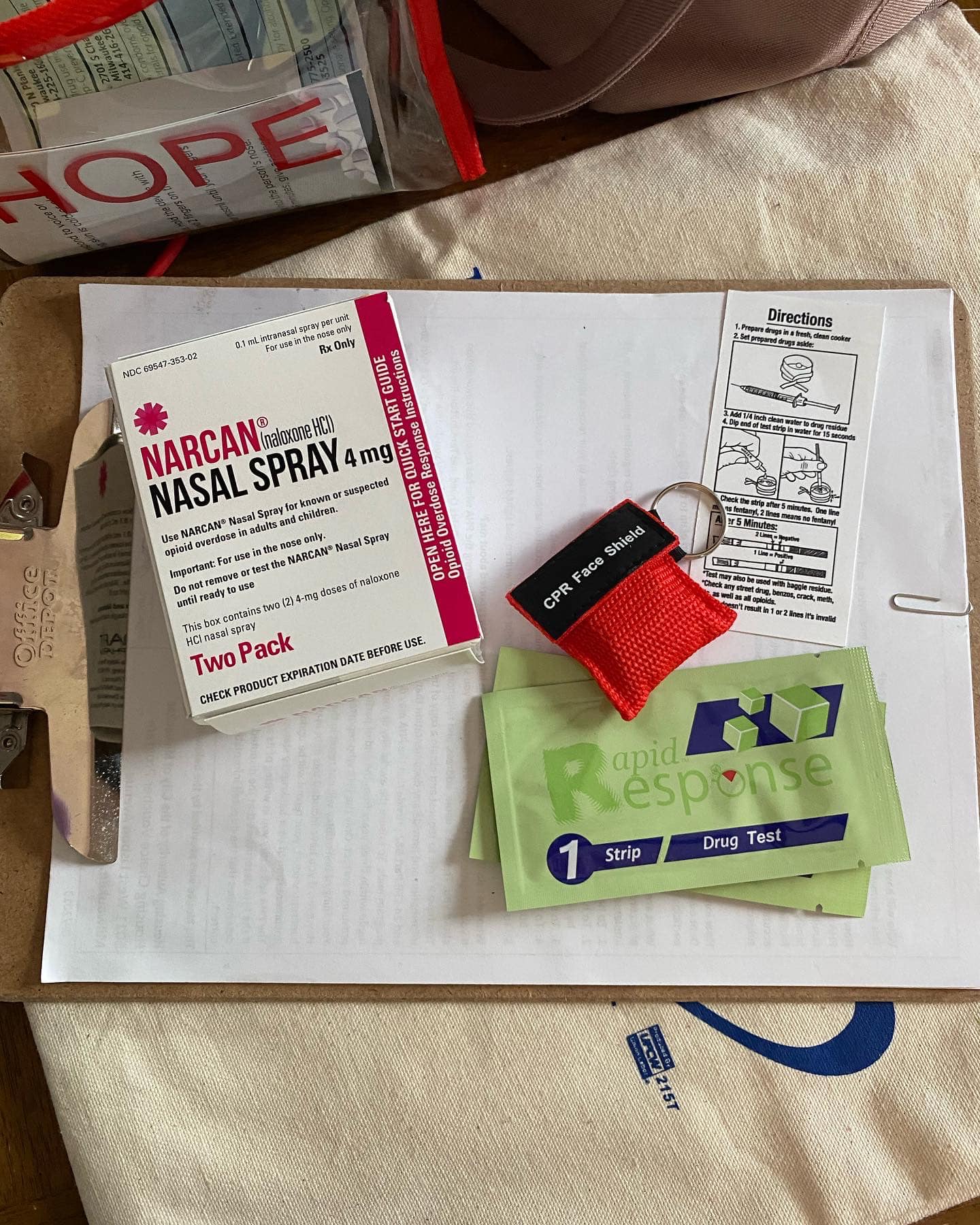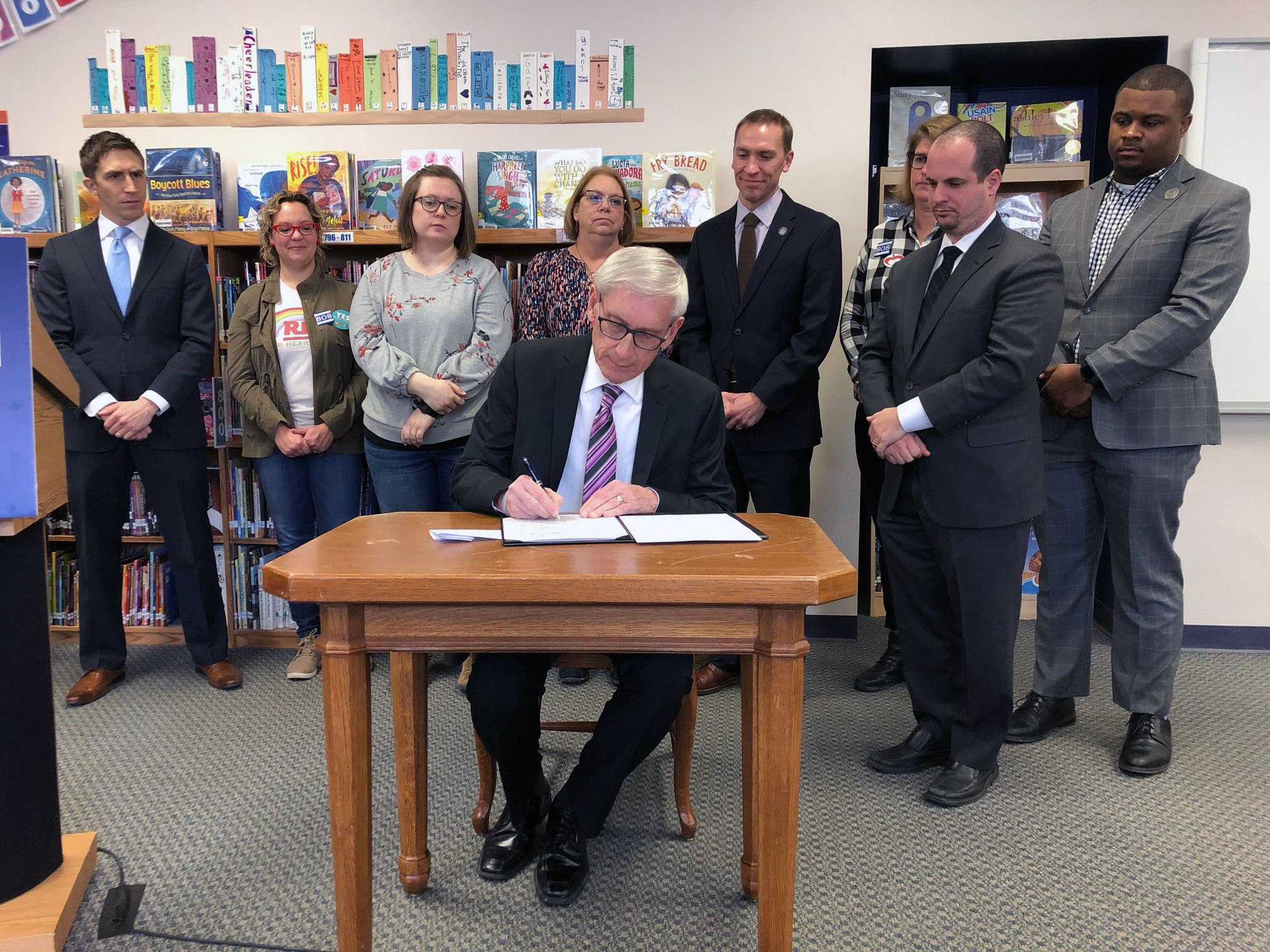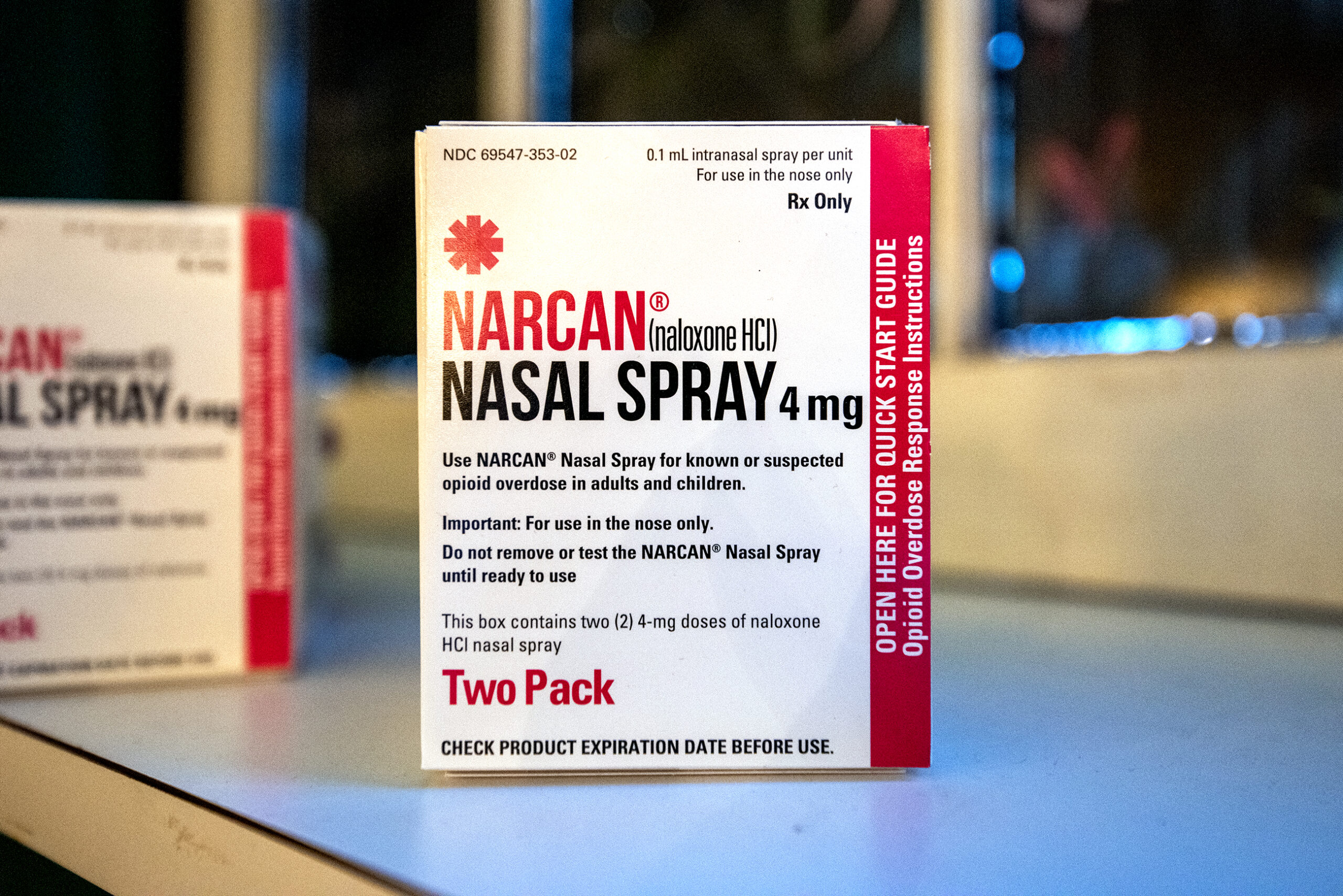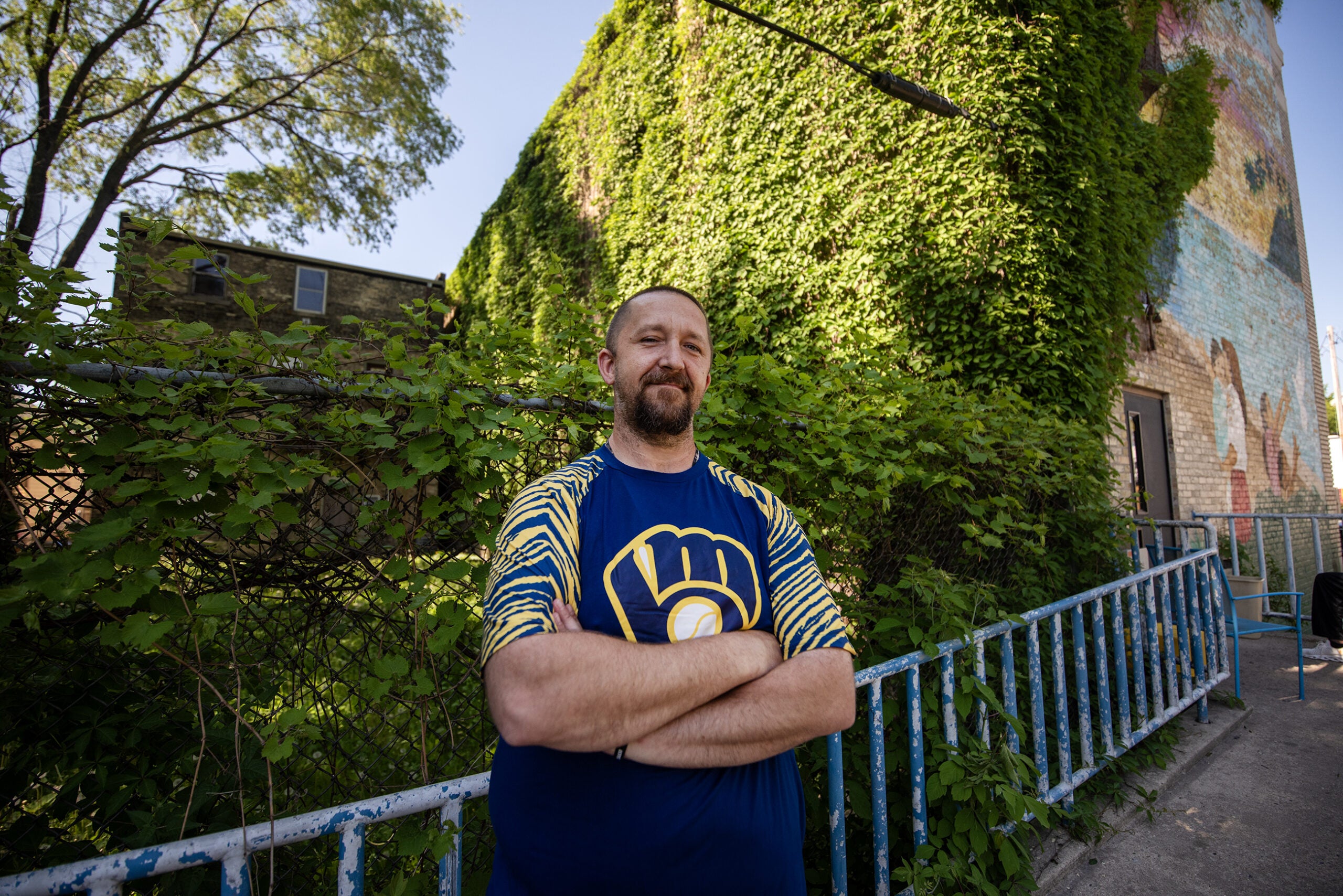A Democratic state senator wants to screen every high school freshman in Wisconsin for drug use.
Sen. LaTonya Johnson, D-Milwaukee, introduced the statewide screening bill last session in the state Assembly, but it didn‘t pass.
According to a spokesman for Johnson, the senator will re-introduce the bill this session, unless a member of the Republican majority does so first.
Stay informed on the latest news
Sign up for WPR’s email newsletter.
Earlier this month, Gov. Scott Walker said he will include $200,000 for screening programs in his next state budget proposal, as part of a package of bills to combat the state’s opioid epidemic.
Johnson called the governor’s proposal “significantly underfunded” on a call with reporters Wednesday.
“It would have in no way the effect that would be needed in order to adequately fight the heroin epidemic we’re seeing here in Wisconsin,” Johnson said.
Johnson’s statewide screening proposal was estimated to cost about $1.8 million in its first year, according to an estimate from the non-partisan state Legislative Fiscal Bureau.
Robert Kraig, executive director of liberal advocacy group Citizen Action of Wisconsin, echoed Johnson’s sentiments.
“Prevention, we think, has been the biggest missing piece in the response to the opiate epidemic,” Kraig said. “We’re concerned that the actual amount of money is not nearly sufficient to have a serious prevention program that would actually dramatically increase the safety of young people across the state of Wisconsin.”
Julie Whelan Capell, a substance use prevention expert who has run screening programs in six Wisconsin school districts, said the screenings can help push back the age when students try illegal drugs.
“If we can prevent kids from getting involved in substances early, then they are much less likely to become addicted later in life,” Whelan Capell said.
Legislation to combat Wisconsin’s opioid epidemic is expected to be a major focus of the current legislative session.
Walker’s office didn’t immediately respond to a request for comment Thursday.
Wisconsin Public Radio, © Copyright 2024, Board of Regents of the University of Wisconsin System and Wisconsin Educational Communications Board.






